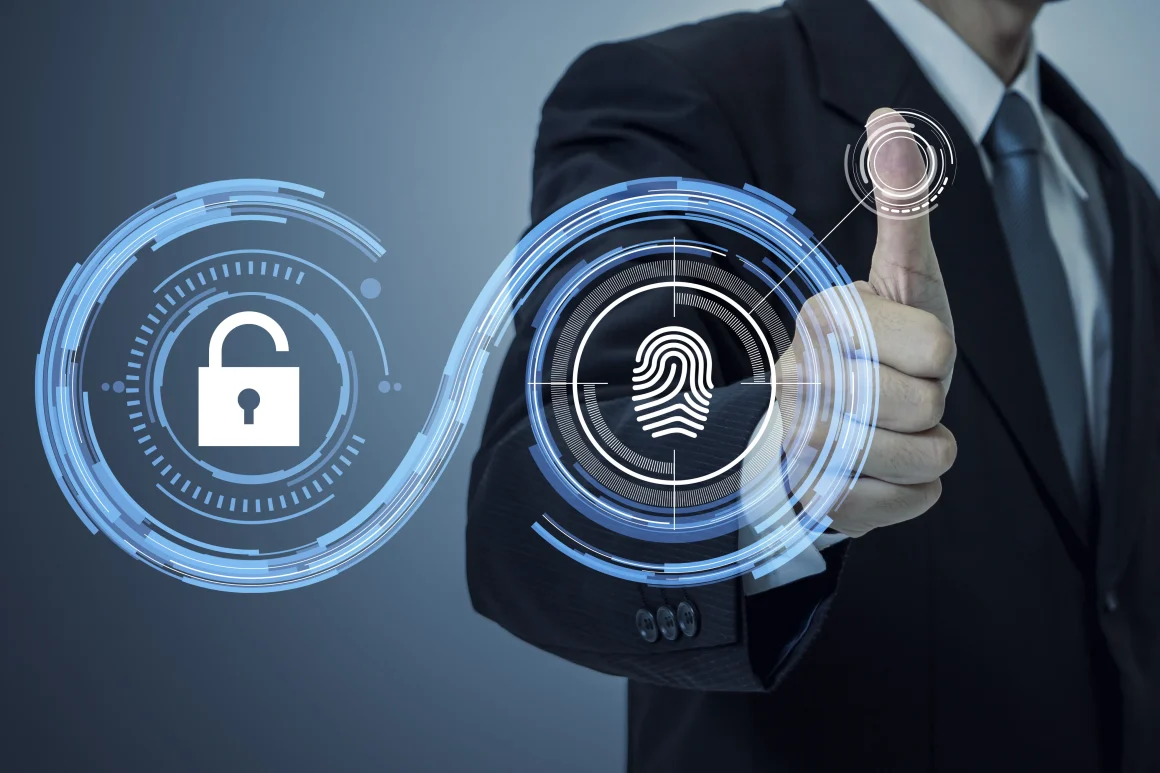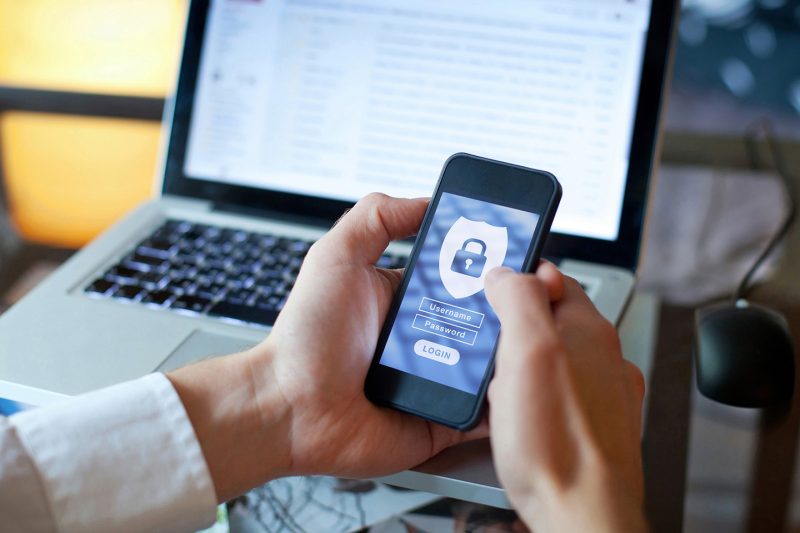No password will ever be perfectly secure because they are being leaked all the time. In the RockYou2023 leak alone, 3.2 billion passwords were leaked, giving cyber criminals access to people’s data worldwide. In many cases, Multi-Factor Authentication (MFA) is the only adequate protection. Learn below what MFA is, and how it can protect yourself and your business.
How Does Multi-Factor Authentication Work?

MFA simply means requiring something else other than a password to access an account. This could be a fingerprint, a code sent to a different device, biometric data, or a piece of knowledge only you will know. This means that even if a cybercriminal has the username and password of an account unless they have access to the user’s mobile device, biometric data, or something else, they will not be able to break in.
How Does Multi-Factor Authentication Protect Me?
As stated earlier, MFA is hugely effective as it adds another layer of defense to your systems that is much harder to break through than a simple password. Studies have shown that MFA can reduce breaches by 99.9% over authentication systems that only use passwords.
Some MFA systems also protect your accounts by randomly sending authentication requirements periodically. This means that if a hacker has somehow broken through your MFA measures, they will be tested again, making it much easier to expel them from your systems.
MFA does all this often in exceedingly rapid ways. Push notifications have come into widespread usage. In a push notification, the user needs only open the notification sent to their phone to confirm authentication. This has removed the need to type out a code accurately or to have a device on hand that is capable of taking biometric data.
Is Multi-Factor Authentication Inconvenient?

MFA undoubtedly requires more effort to log in than the simple username and password of before. This can often feel like a nuisance for employees, but with the right cybersecurity awareness training, you can quieten their grumbling.
However, many tech companies have successfully reduced the inconvenience caused by MFA to make the benefits of MFA clearer. For example, you will usually find that MFA is only required the first time that you log in to an account.
Some businesses are also concerned about the financial cost of introducing MFA into their networks, with some complex MFA techniques that use biometric, location, and usage data being very expensive.
Businesses must make their own decisions on whether this investment is worth it, but it is worth noting that many platforms come with free MFA options that still do an excellent job of enhancing security.
Should my Business Use Multi-Factor Authentication?

There are no businesses that shouldn’t choose MFA. It is a simple measure but is one of the most effective defenses against cybercrime. The better question is, what kind of MFA should my business install? Answering that is more complicated, requiring considerations of the technology on hand, the types of individuals you work with, and the amount you want to spend on it.


